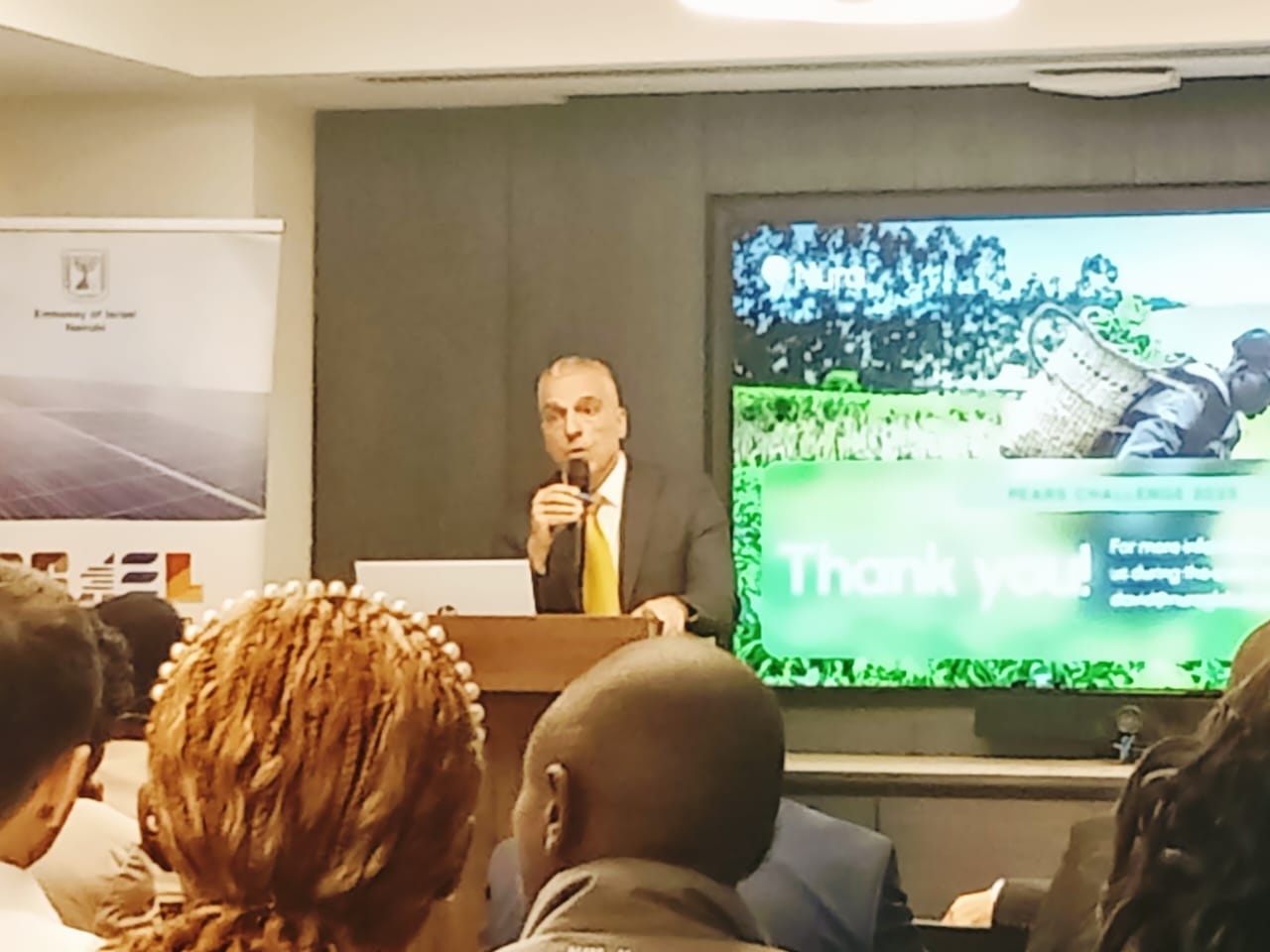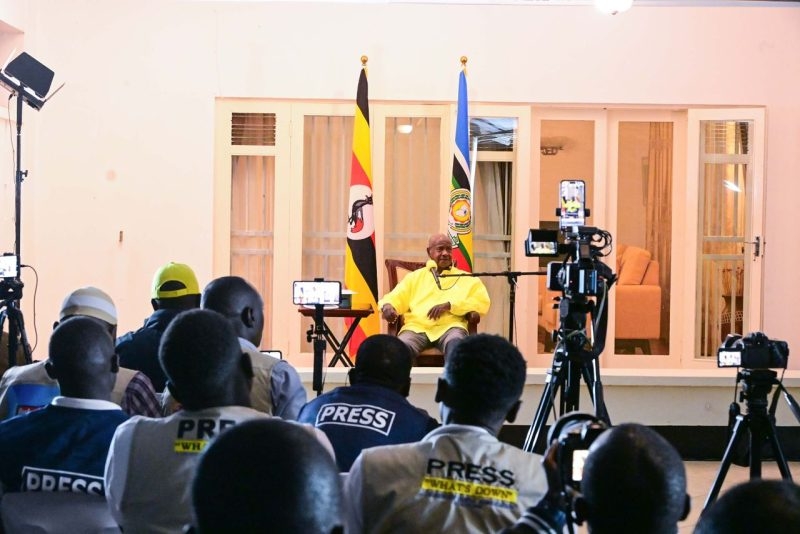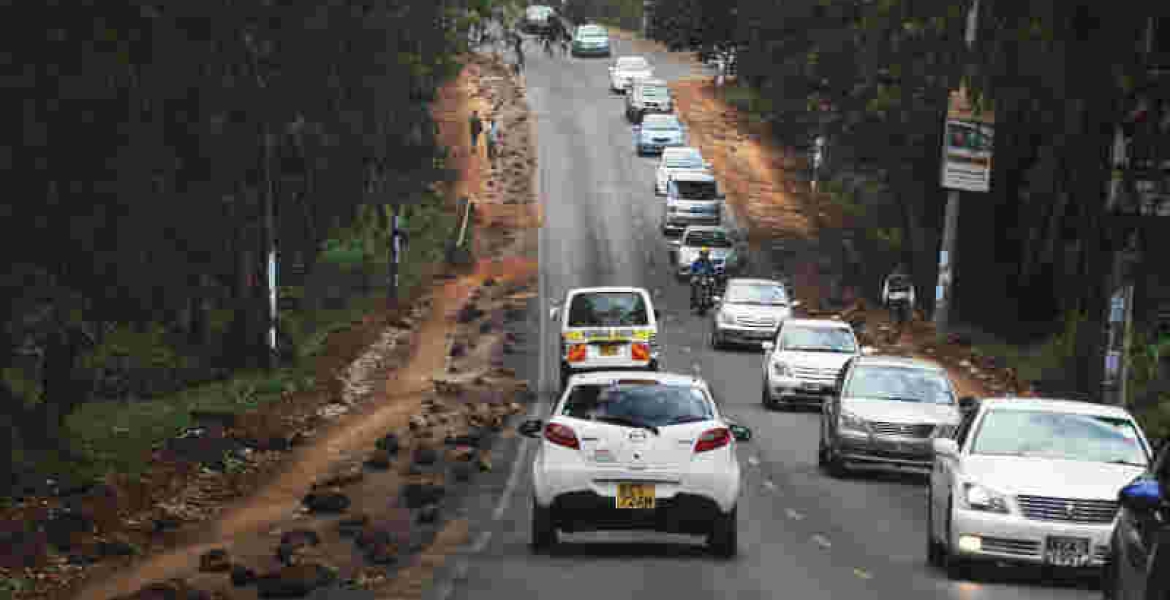

He told an Israel-Kenya Climate and Tech
Business Seminar in Nairobi yesterday that despite the worsening crisis,
start-ups can innovate by developing ideas that monetise solutions, improve
lives and offer viable alternatives that help affected communities.
“It is enough to recount the problem and the
challenges. The climate crisis is only confrontable through solutions-oriented
thinking, not by talking about the problems non-stop,” Behar said.
He said there are more than 1,000
start-ups in Israel generating innovative, commercially viable ideas and some
are ready to partner with Kenyan innovators to explore the sector further.
The seminar was organised by the Israeli
Embassy and the Israel Economic and Trade Mission, in partnership with Nura
Global Innovation Lab (formerly the Pears Programme for Global Innovation).
Behar urged the Kenyan business
community to form partnerships with Israeli entities not only to strengthen the
Kenya-Israel bond but also to collectively turn the climate crisis into a life-changing
opportunity.
He said the embassy aims to support real
partnerships, scalable technologies and meaningful contributions to climate
resilience across East Africa.
Behar said Nura Global Innovation Lab
plans to establish more innovation centres in Kenya to facilitate knowledge
transfer and “create a set of minds that will enable Kenya to develop its own
technologies and solutions”.
The visiting delegation included six cutting-edge Israeli ventures developing early-stage technologies aimed at addressing climate-related challenges in East Africa.
Their solutions span climate
resilience, clean energy, water security, agriculture and sustainable resource
management—reflecting high-priority sectors within Kenya’s climate innovation
agenda.
Building on last year’s successful FinTech
Business Seminar held jointly by Nura and the Israel Economic and Trade
Mission, this year’s programme featured a dedicated ClimateTech Business Seminar
designed to deepen bilateral engagement, create exposure for participating
start-ups, and strengthen opportunities for piloting, partnerships and market
entry.
The meeting brought together Kenyan government
agencies, private-sector leaders, impact investors, ecosystem builders and
development partners to highlight the strengths of the Israeli and Kenyan
ClimateTech ecosystems while unlocking synergies that advance technology-driven
solutions.
Drawing from his past experience as Israel’s
special envoy on climate change, Behar said the crisis itself holds abundant
opportunities to create sustainable jobs and transform the lives of people
already affected by its impacts.
“Climate change is only getting worse. Look at
places like Naivasha, which is flooding and displacing people, while arid
areas are becoming drier. The private sector can leverage partnerships to
generate scalable solutions that improve lives — like for a Turkana farmer who
is wondering what tomorrow brings,” he said.
Behar said Kenya can position itself as a
leader in climate dialogue and become a regional hub for climate-smart
innovation across the continent.
Among the Israeli start-ups featured at the seminar was AgriBiO3, a mobile, ozone-powered sanitation system that helps smallholder farmers in East Africa reduce post-harvest grain losses caused by aflatoxin and pests. Another, Eden Materials, is a cleantech start-up developing affordable, compostable plastics from agricultural waste, beginning with date seeds.
















